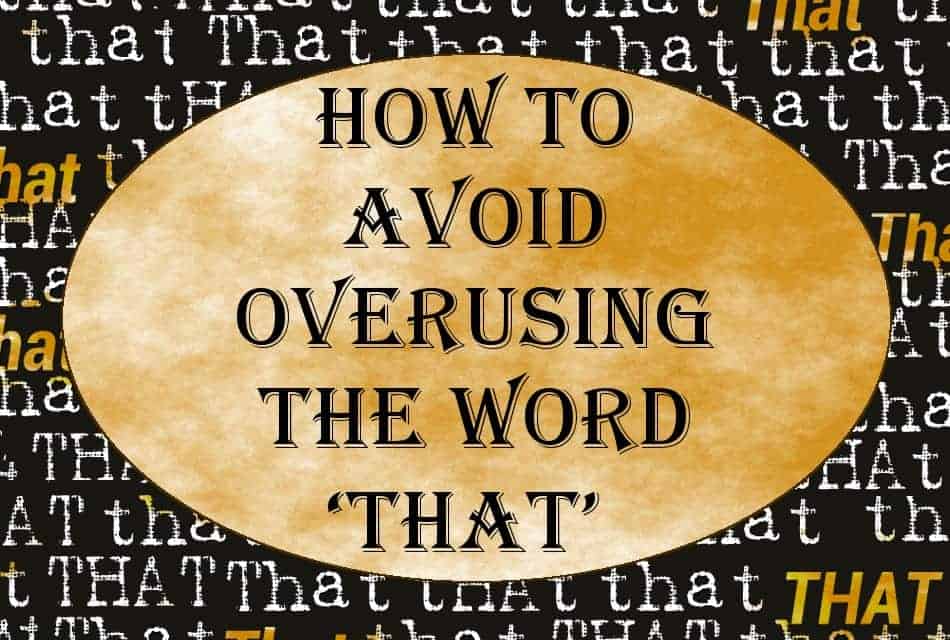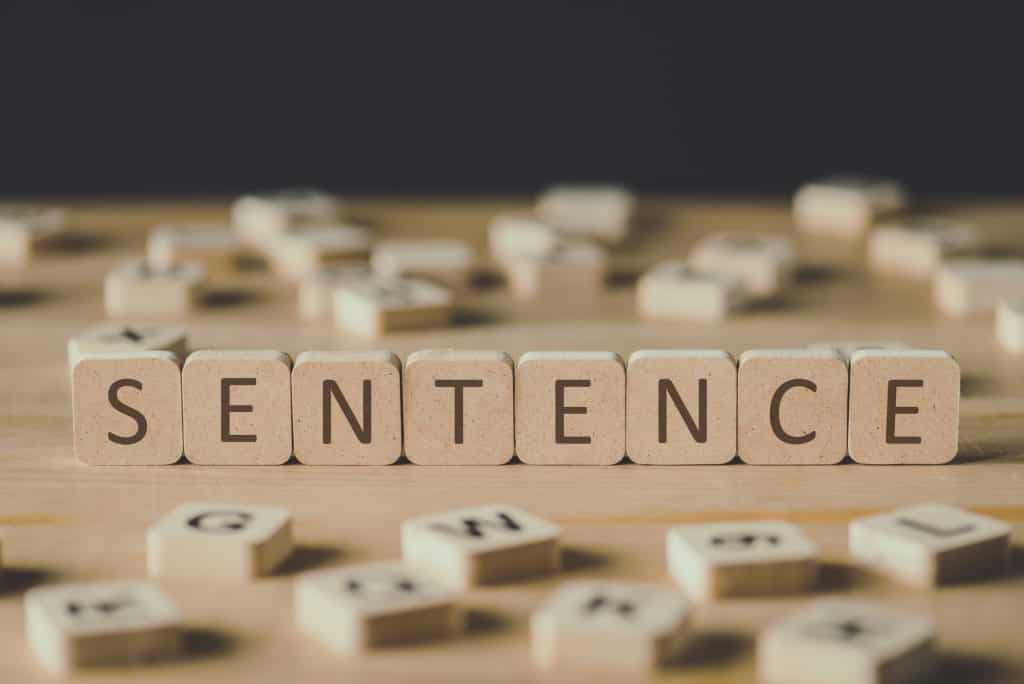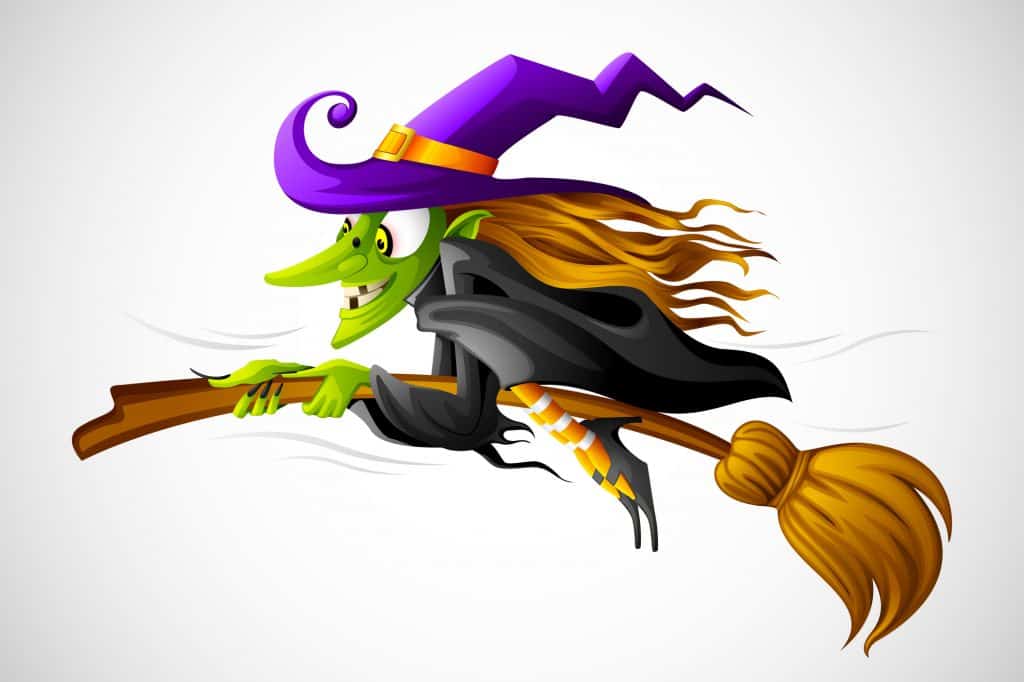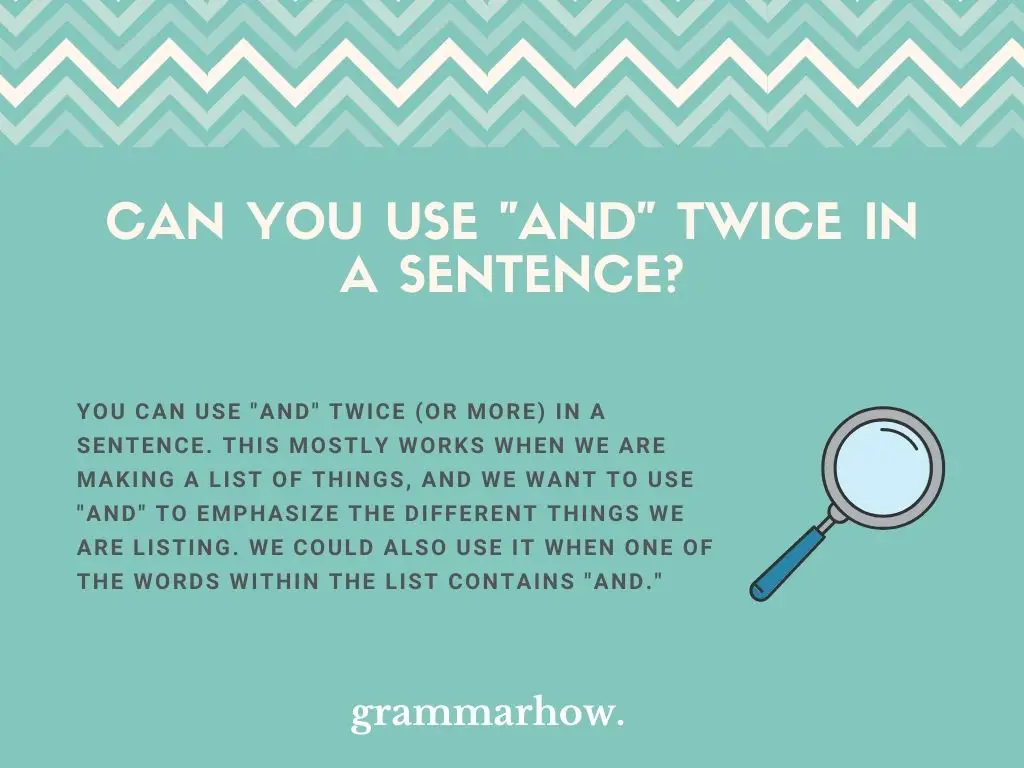-
#1
Hello,
I’ve come to think that a sentence I wrote a couple of days ago maybe stylistically awkward.
The sentence is: I couldn’t even imagine that a country that had won such a place in my heart could offer something so new and exciting!
Is it possible to omit the first «that» (a conjuction)?
On the other hand, I’m quite sure it is not possible to omit the second «that» (a relative pronoun).
I thank you in advance for your help.
Last edited: Jun 26, 2019
-
#2
The first «that» can be omitted, but the sentence is better with it. The second «that» is obligatory.
-
#3
You can omit the first but not the second: «a country that had won such a place in my heart» is a single noun phrase:
«a……….country [that had won such a place in my heart]
article…noun…..[……….defining relative clause…………..]
{…………………….noun phrase……………………………….}
-
#4
But there’s no need to. The repetition is perfectly natural and would not even be noticed.
It might even be clearer to keep the first one, to avoid the false impression that ‘a country . . .’ is the object of ‘imagine’, which it easily could be.
-
#5
I couldn’t even imagine that that was something she would say.
You might have to worry a lot more about it in a sentence like the one above. In your sentence, there is no worry.
P.S. You repeated «that» once, not twice.
I couldn’t even imagine that that was something that she would say.
Last edited: Jun 25, 2019
-
#6
I couldn’t even imagine that that was something she would say.
You might have to worry a lot more about in a sentence like the one above. In your sentence, there is no worry.
P.S. You repeated «that» once, not twice.
I couldn’t even imagine that that was something that she would say.
When I find that I am writing «that that» I usually recast the sentence. Not because it is faulty English, but because it creates a stumble when reading it.
So «I couldn’t even imagine that that was something that she would say.» might become:
I couldn’t even imagine that she would say something like that.
Note: When speaking I never avoid the «that/that» as it is not a stumble when spoken. And I also believe it is perfectly fine to repeat a word in a sentence if that word is the very best word for that meaning. (Note the use of «word» in that sentence—three times.)
-
#7
I thank you all for your precious help!
Bearing on kentix’ remark, I would like to ask the administrator to change the title of this thread from
«Repeating the word «that» twice.» into «Repeating the word «that» once.»
-
#8
I thank you all for your precious help!
Bearing on kentix’ remark, I would like to ask the administrator to change the title of this thread from
«Repeating the word «that» twice.» into «Repeating the word «that» once.»
Or just «repeating the word ‘that’ in a sentence…»
For a few years during elementary school, virtually every sentence my friends and I uttered included the word “like.” This awful speech habit led to plenty of well-deserved ridicule, which made me determined to stop overusing unnecessary words. I thought I was succeeding on this front for years, until I started doing freelance writing assignments for a client who wasn’t a fan of superfluous words, including “that.” Then, I learned just how guilty I was of overusing the word “that” in my writing. It was basically my new, written version of “like.”
While phasing out “like” was pretty simple, removing unnecessary uses of “that” from my writing proved challenging because this word legitimately belongs in many sentences. To help you avoid similar grief, today I’d like to share a few tips for avoiding overusing “that” and using “that” in a sentence correctly.
When to Use ‘That’ in a Sentence
First, it’s important to know when “that” is really needed in a sentence. This word frequently attaches dependent clauses to independent clauses, and it is strictly necessary if a clause begins with certain subordinating conjunctions, such as before, while and in addition to. “That” also should be used before clauses that clarify a noun.
- She said that although the sunrise workout sounded like a brilliant idea, sleeping in also sounded good.
- The notion that their project would be finished by the original deadline was laughable.
“That” additionally should appear after certain verbs, such as contend, estimate and point out. If you’re a native speaker, you can probably intuitively identify many of these verbs.
- He enthusiastically declared that he would stop procrastinating tomorrow.
You also should use “that” if a sentence would sound awkward without it. If you’re in doubt, include it, since this does less harm than incorrectly omitting it.
When to Leave Out ‘That’
To decide whether you can omit “that” from a sentence, check how naturally and intelligibly the sentence reads without it. Usually, you can drop “that” if it follows a verb that essentially means “to say.” This omission mimics natural speech and shouldn’t change the meaning of the sentence.
- The children claimed an ice cream break would help them study more effectively.
- She insisted she wasn’t responsible for the houseplant’s untimely death.
However, it’s usually better to keep “that” if other words fall between the verb and the dependent clause.
- The kids also said this morning that a television break would enhance their studying.
- She admitted begrudgingly that she might have contributed to the plant’s demise.
You also can usually omit “that” if it precedes a simple relative clause.
- Neither of them was particularly excited about the compromise (that) they reached.
Using ‘That’ Twice in a Row
When you’re trimming unnecessary uses of “that” from your writing, be sure to pay attention to sentences where it appears multiple times or even twice in a row (“that that”). These sentences can be grammatically correct but stylistically undesirable. For example, at BKA, we use Associated Press Style, which requires sentences to be constructed in a manner that eliminates consecutive uses of “that.”
- He confessed that that plan had been formulated on three hours of sleep.
- He confessed that they had only slept three hours when they formulated that plan.
Even if you’re not following a strict style guide, it’s often beneficial to try revising sentences to avoid using “that” too redundantly.
Using ‘That’ or ‘Which’
It can be tempting to cut back on “that” by replacing it with “which,” but these words aren’t actually interchangeable. “That” introduces information that is integral to the meaning of a sentence, while “which” precedes information that is non-essential and offset by commas.
- The first kindergarten class that all 31 students attended was miraculously free of mishaps.
- The first kindergarten class, which all 31 students attended, was miraculously free of mishaps.
In this example, each sentence has a distinct meaning. The first describes a specific class when all 31 students were present for the first time, while in the second, the attendance of all 31 kids is a non-essential detail.
Got All That?
Striking the right balance between overusing the word “that” and omitting it improperly takes a little thought, but with practice, it should become second nature. What other common words do people overuse? Tell us about it in the comments section! If you’re looking for help on grammar rules, check out some of our other GrammarSpot posts.
I’m sorry if this topic has been raised before, but I did a search and couldn’t find anything.
My question is, is it ever OK to use the same word twice in a sentence? I’ve just done it in the previous sentence :redface2:! For effect of course! :smug:
I realise you shoud probably try to find an alternative, but when you’ve done that and can’t come up with anything, is it OK then? Is it ever acceptable?
The word I’m referring to is the word and. I suppose I could just cut the sentence down, but then the meaning may be lost, if you see what I mean.
Here’s the sentence I’m referring to here, where and is used twice:
[FONT=»]We sped past a stonewalled house in a thickly frosted field and I thought how peaceful it looked and so far removed from Belfast town centre [/FONT]
The sentence doesn’t seem to work half as well when I take out the and, instead using a comma.
Thanks by the way.
-
#1
I would like to know if repeating one word either consecutively or otherwise is permitted in written english.
For Example:This is for the one year plan for the students.
-
#3
I would like to know if repeating one word either consecutively or otherwise is permitted in written english.
For Example:This is for the one year plan for the students.
I have always thought that that is permitted, but that it can be a bad idea when using them consecutively, as it can be confusing that people see the same word more than once. 
I don’t think I could get more repetition into that sentence if I tried!
Basically: variety is the spice of life. Naturally certain basic words (and, that, it, he, for, in) will need to be repeated in sentences, but it’s probably better style to vary anything else you can!
Using a word twice in a row isn’t always a no-no, but there’s always a more elegant way to revise a sentence in which you might initially be inclined to repeat a word immediately. When words collide, try these approaches:
1. “What you do do is your own business.”
Even if this sentence is intended as a counterpoint to a “what you don’t do” proposition, the emphatic first do is superfluous (“What you do is your own business”). If you must retain the repetition, introduce a separating phrase: “What you do decide to do is your own business.”
2. “They had had many arguments.”
Replace the second had with a prepositional phrase (“They had gotten into many arguments”) or a more specific verb (“They had endured many arguments”), or introduce more vivid imagery into a revision (“They had verbally sparred many times”).
3. “I showed her her message.”
Replace one pronoun — preferably, both of the pronouns — with a noun (“I showed my sister the woman’s message”). This isn’t a problem with him, because two forms of the pronoun would appear (“I showed him his message”), though, again, if him and his refer to different men, it might be better to specify, in place of one pronoun or the other, one of the men in question.
4. “He came in in disarray.”
Replace the prepositional phrase with a simple verb (“She entered in disarray”).
5. “She gives in in every case.”
Simply recast the final phrase (“She gives in every time”) or flip the phrase to the front (“In every case, she gives in”).
6. “What it is is a travesty.”
“What it is” is always an unnecessarily verbose way to start a sentence. Start with the subject (“It’s a travesty”).
7. “I placed the card I had written on on the desk.”
Recast the prepositional phrase “written on” with on at its head (“I placed the card on which I had written the note on the desk”). But first confirm that the modifying phrase involving written is necessary at all.
8. “We realize that that will not be satisfactory.”
Replace the second that with a noun (“We realize that the proposal will not be satisfactory”).
9. “We will discuss this this evening.”
Replace the first this with a pronoun (“We will discuss it this evening”) or a noun (“We will discuss the matter this evening”).
10. “Is there someone I can talk to to resolve the issue?”
Employ a participial phrase in place in the infinitive phrase “to resolve” (“Is there someone I can talk to about resolving the issue?”) or amplify the second to by replacing it with the phrase “in order to” (“Is there someone I can talk to in order to resolve the issue?”).
Occasionally, an immediate repetition of a word, separated from the first instance by punctuation, is appropriate for emphatic effect (“I have come here from far, far away”). At other times, even though punctuation separates the repetition, a recast would improve the sentence. For example, “Even though I was there, there didn’t seem to be anything for me to do” might be revised to “Even though I was there, I didn’t seem to be of any use” or “Despite my presence, there didn’t seem to be anything for me to do.”
- 2
- 4,916
Hi there
I have a question regarding the use of the same word twice in a row in a sentence. The specific example I have in mind is, «Can we have a look at this this morning?». In this sentence, «this» is repeated and while it is ungainly in written form, it sounds very natural when spoken and I am not sure it is actually incorrect or not. Are there any rules or guidelines surrounding this?
Regards
Steve
- answer
There are many cases where it’s unavoidable, such as «had had,» and «that that.»
I’m not aware of any such rules. I think your suggestion of giving it the ear test is a good one. As with any construction, if it sounds awkward, or is ambiguous, try to find another way, even when it’s perfectly legal.
- Avangi
- add a comment
Comments
Answer this Question
“And” seems to be surrounded by a lot of English myths that are taught to us in our youths. Luckily, most of these myths are false, and we need not worry about them. One such myth that this article will look into is using “and” more than once in the same sentence.
You can use “and” twice (or more) in a sentence. This mostly works when we are making a list of things, and we want to use “and” to emphasize the different things we are listing. We could also use it when one of the words within the list contains “and.”
Technically speaking, there is no limit to the amount of “and’s” we can use in a sentence.
- I like dogs, and cats, and squirrels, and ducks, and sheep, and fish, and cows.
The above sentence is grammatically correct. There is no reason we shouldn’t use “and” as many times as above. It helps to separate the individual parts of our list, which is better than simply writing:
- I like dogs, cats, squirrels, ducks, sheep, fish, and cows.
And to show you what we mean about a word already containing “and,” think about a food item that is made up of more than one thing. For example:
- I like lemon biscuits, chocolate biscuits, and strawberry and ginger biscuits.
“Strawberry and ginger” is the name of the flavor, so we include it as one entity, repeating the word “and.”
Is It Appropriate To Use “And” Multiple Times In A Sentence
You can use “and” as many times as you would like in most sentences. It is appropriate and grammatically correct. However, you shouldn’t use it to create a sentence that is much longer than a standard sentence would be before placing a comma.
Just because you’re using “and” to continue a point doesn’t mean you should use it every time. You can easily go overboard by using one too many “and’s,” which will make your sentence hard to read (and turn most people away from reading it).
You can see how many “and’s” might be over the top in the following example:
- When writing pronouns, I use him, and her, and me, and she, and we, and they, and I, and our, and his, and hers, and theirs, and yours.
While it might be good to list out everything like above, there are better ways to do it. If you’re going to include that many things in a list, you are better off with commas. Even better still, you should use “etc.” when you think you’ve gone far enough:
- When writing pronouns, I use him, her, me, she, we, etc.
Examples Of How To Use “And” Multiple Times In A Sentence
- I have a mother and a father, and a sister, but I don’t have a brother.
- You have made me an enemy and a friend, and I’m happy to be both.
- I am his girlfriend and his best friend, and I wouldn’t have it any other way.
- I like lemon ice cream, strawberry ice cream, and chocolate and hazelnut ice cream.
- You should talk to him and me about this and find out whether we’re comfortable with it.
You don’t always need to make a full list with multiple “and” words. Instead, we can just use it twice or more to add a few extra people or nouns into a sentence. We could also use “and” to connect two nouns and then another to create a second clause if the context allows.
Can I Use “&” And “And” In The Same Sentence?
Certain sentences will also allow you to replace “and” with the “&” sign.
If you combine two objects, you might then want to use “and” to introduce a second clause. When this is the case, it’s sometimes likely to use “&” to combine those objects to help with the sentence structure and flow.
- My mom & dad will be here shortly, and I think it’s time for you to leave.
How Can I Avoid Using “And” Twice In A Sentence?
If you don’t like using “and” more than once in a sentence, you can simply replace “and” with a period if it starts a new clause. If you’ve instead used it to create a long list, replace it with commas, or add an “etc.” to end the list early.
That could turn this:
- I like strawberries, and berries, and cherries, and raspberries.
Into this:
- I like strawberries, berries, cherries, etc.
Or this:
- My mom and dad aren’t happy, and I need to talk to you about it.
Into this:
- My mom and dad aren’t happy. I need to talk to you about it.
You may also like:
8 Better Words To Use Instead Of “And/Or”
10 Best Words to Use Instead of “And” to Start a Sentence
Martin holds a Master’s degree in Finance and International Business. He has six years of experience in professional communication with clients, executives, and colleagues. Furthermore, he has teaching experience from Aarhus University. Martin has been featured as an expert in communication and teaching on Forbes and Shopify. Read more about Martin here.
A. Use the word given in capitals at the end of each line to form a word that fits in the gap in the same line.
Collecting records
These days, most of us have a CD collection. Before the CD, musicians made LPs, or «long-playing» records. Although many children have never seen an LP, they were once very popular. To play these records, you needed a record player with a needle that ran along the record and produced the sound. Some collectors say the sound of LPs was better than CDs — and many singers agree! LPs are no longer very popular as a form of entertainment, but many people buy and sell them. Some of them remember the LP from their childhood and listening to records reminds them of the past.
B. Complete using the correct form of the verbs in the box. You have to use one word twice.
9. Now, everyone knows this song, so I want you all to join in with me.
10. It’s so noisy in this restaurant. Could you ask them to turn the music down?
11. There was a fight during the match and the referee sent two players off.
12. We eat out about once a week and we cook at home the rest of the time.
13. I love this song! Turn it up!
14. I used to play the trumpet, but I gave up last year because I didn’t have time.
15. We stopped playing because of the rain, but when it stopped we carried on.
C. Complete each second sentence using the word given, so that it has a similar meaning to the first sentence. Write between to and five words.
17. Jack really likes football and never misses a match. crazy
Jack is crazyly likes football and never misses a match.
18. My uncle worked on a sailing boat until he was thirty.
My uncle was working on a sailing boat until he was thirty.
19. Do you watch TV? feel
Do you feel like you want to watch TV?
20. John participated in a swimming competition last week. part
John took part in a swimming competition last week.
21. June and I had a game of tennis. against
I had a game of tennis against June.
22. I played chess almost every day when I was young. used
I used to play chess almost every day when I was young.
23. Volleyball doesn’t really interest me. in
I’m not interested in volleyball.
24. I enjoyed myself at your birthday party. fun
I had a lot of fun at your birthday party.
Disneyland is popular among young children.
26. Karen doesn’t like watching TV. keen
Karen isn’t keen on watching sport on TV.
D. Choose the correct answer.
27. When you rang, I was cleaning my bike.
28. At my last basketball club, we used to train every Saturday for three hours.
29. I really liked the meal we had at your house last Tuesday.
30. We went to the beach every day when we were on holiday.
31. I broke my leg when Tony and I were practicing for the school sports day.
32. Leon never talks about it, but he was once a world champion skier.
33. Denise is working at the stadium until she finds a better job.
E. Match the two halves of the sentences.
35. I waited outside the tennis club for a long time, but George didn’t appear.
36. When you rang, I was in the middle of cleaning my football boots.
37. We finally got to the stadium just in time to see the match start.
38. I just play football for fun, and I don’t want to do it as a job.
39. I loved that film and when it comes out on DVD, I’ll definitely get it.









